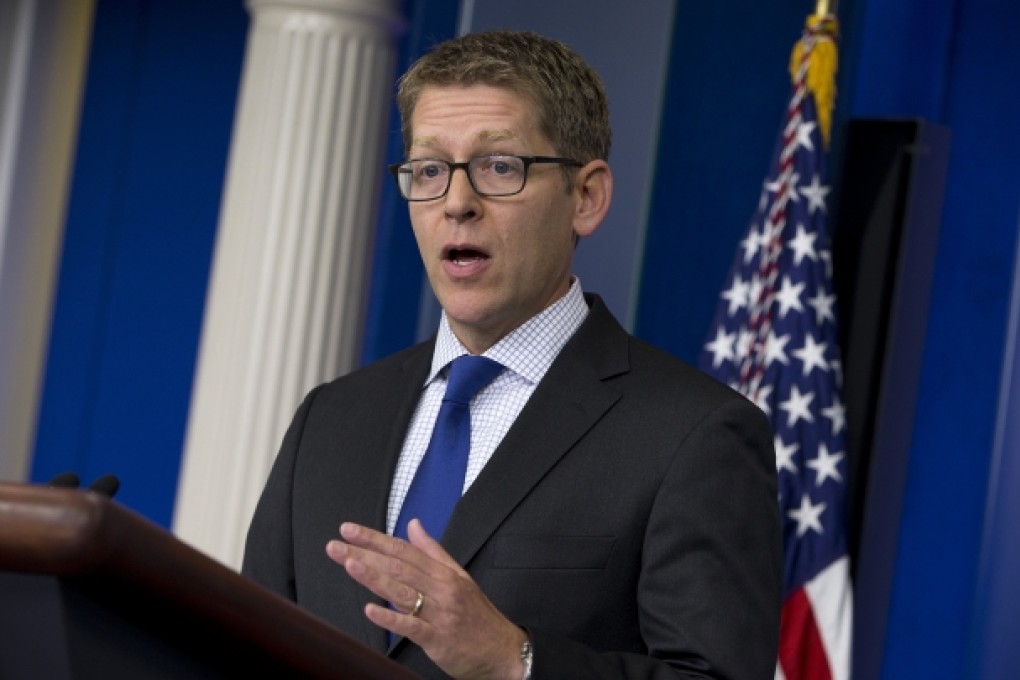The US is the one with some explaining to do
Criticism and veiled threats are not what we expect of a partner. Yet that is what the US has levelled at Hong Kong in the wake of Edward Snowden's departure. The American former intelligence operative left lawfully on Sunday while clarification was being sought by the government to a request from Washington under a treaty for his return to face espionage and theft charges. We broke no laws or rules; to suggest otherwise is to lack faith in a long-standing relationship.

Criticism and veiled threats are not what we expect of a partner. Yet that is what the US has levelled at Hong Kong in the wake of Edward Snowden's departure. The American former intelligence operative left lawfully on Sunday while clarification was being sought by the government to a request from Washington under a treaty for his return to face espionage and theft charges. We broke no laws or rules; to suggest otherwise is to lack faith in a long-standing relationship.
The criticism is unreasonable. White House spokesman Jay Carney claimed letting Snowden go to Moscow "was a deliberate choice by the government to release a fugitive"; he said the decision "unquestionably has a negative impact on the US-China relationship". Secretary of State John Kerry was similarly undiplomatic, inferring the move had been "wilful".
US ties with Hong Kong run deep and there are any number of ways the US can show displeasure. It could impose sanctions on imports, delay investment deals, stall the handing over of wanted criminals or scupper visa-free travel to the US for residents, an immigration arrangement being considered by the senate this week. But to even suggest such actions is to ignore Hong Kong's rule of law and its record for fairness and justice. As Chief Executive Leung Chun-ying said on Monday, without a legal basis to detain Snowden, he was free to leave.
Secretary for Justice Rimsky Yuen Kwok-keung made that plain yesterday. The US request had lacked crucial details - Snowden's correct name and passport number among them. Nor was the Immigration Department aware that the travel document had been revoked. But as frustrated as the US may be, it, not Hong Kong, should be doing the explaining. As Snowden revealed during his brief stay, American intelligence agencies had for the past six years been spying on us, hacking without invitation or our knowledge our digital communications.
Snowden's departure was in the interests of Hong Kong and China. Under the "one country, two systems" principle, Beijing is responsible for our foreign policy. Unilaterally punishing Hong Kong for faithfully abiding by its laws, rules and standards would have consequences. Beijing would be certain to step in.
To suggest that a legally binding agreement with Washington was violated is to ignore a relationship based on decades of co-operation, partnership and trust. Given our past record, it is not unreasonable to expect better of the US.